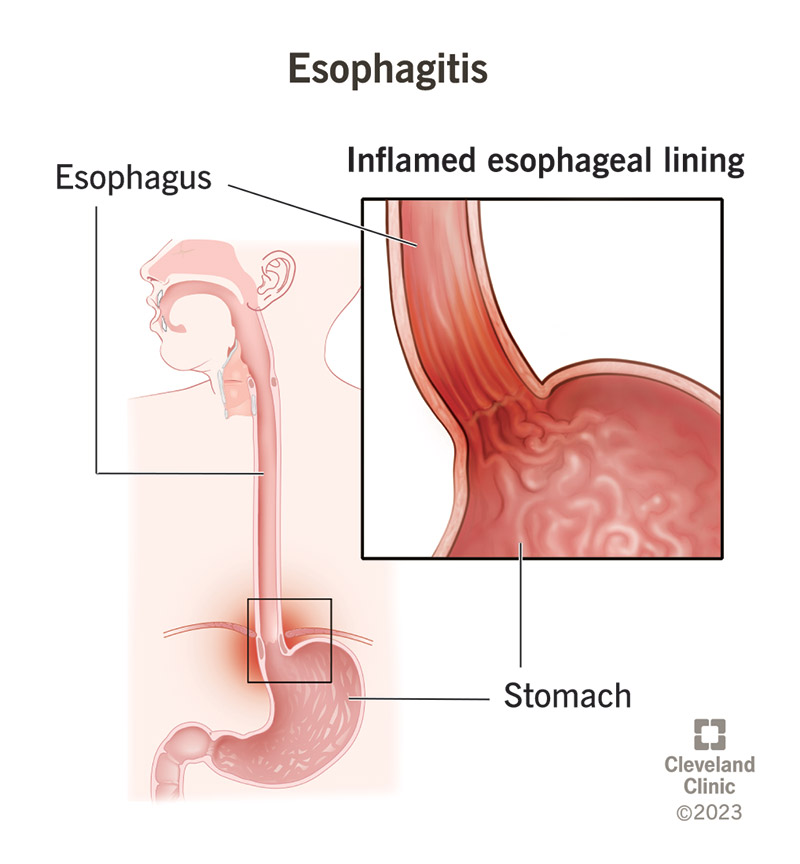A gardener needs a decongestant because of seasonal allergy problems and asks the nurse whether he should take an oral form or a nasal spray. Which of these is a benefit of orally administered decongestants?
Immediate onset
Absence of rebound congestion
Shorter duration
More potent effect
The Correct Answer is B
Choice A reason: This is incorrect because orally administered decongestants do not have an immediate onset. They take longer to act than nasal sprays because they have to be absorbed through the gastrointestinal tract. Nasal sprays act directly on the nasal mucosa and have a faster onset.
Choice B reason: This is correct because orally administered decongestants do not cause rebound congestion. Rebound congestion is a condition in which the nasal passages become more swollen and congested after the effect of the nasal spray wears off. This can lead to overuse and dependence on the nasal spray. Orally administered decongestants do not have this effect because they act systemically and not locally.
Choice C reason: This is incorrect because orally administered decongestants do not have a shorter duration. They have a longer duration than nasal sprays because they are metabolized more slowly by the liver. Nasal sprays have a shorter duration because they are eliminated more quickly by the nasal mucosa.
Choice D reason: This is incorrect because orally administered decongestants are not more potent than nasal sprays. They have a similar potency, but they have a different mechanism of action. Orally administered decongestants act on the alpha-adrenergic receptors in the blood vessels, causing vasoconstriction and reducing congestion. Nasal sprays act on the beta-adrenergic receptors in the bronchial smooth muscle, causing bronchodilation and improving airflow.
Nursing Test Bank
Naxlex Comprehensive Predictor Exams
Related Questions
Correct Answer is C
Explanation
Choice A reason: This is incorrect because nausea is not a common or serious adverse effect of estrogen therapy. However, the patient should take the estrogen with food or milk to prevent stomach upset.
Choice B reason: This is incorrect because triglycerides are not affected by estrogen therapy. However, the patient should monitor their cholesterol and blood pressure levels regularly and follow a healthy diet and exercise regimen.
Choice C reason: This is correct because smoking and estrogen therapy are both risk factors for thrombosis, which is the formation of blood clots in the blood vessels. The patient should stop smoking and report any signs of thrombosis, such as leg pain, swelling, redness, or warmth, to the provider.
Choice D reason: This is incorrect because bleeding during menstruation is not increased by estrogen therapy. However, the patient should report any abnormal vaginal bleeding, such as spotting, heavy bleeding, or prolonged bleeding, to the provider.
Correct Answer is ["C","E"]
Explanation
Choice A reason: This is incorrect because drowsiness is not a common or serious adverse effect of alendronate. However, the client should avoid driving or operating machinery if they experience drowsiness.
Choice B reason: This is incorrect because tachycardia is not a common or serious adverse effect of alendronate. However, the client should monitor their pulse and blood pressure regularly and report any abnormal changes to the provider.
Choice C reason: This is correct because jaw pain can indicate a rare but serious condition called osteonecrosis of the jaw, which is associated with alendronate use. The client should report any jaw pain, swelling, or infection to the provider immediately and avoid dental procedures while taking alendronate.
Choice D reason: This is incorrect because dizziness is not a common or serious adverse effect of alendronate. However, the client should rise slowly from a lying or sitting position to prevent orthostatic hypotension and falls.
Choice E reason: This is correct because esophageal erosion can occur if alendronate is not taken correctly. The client should take alendronate with a full glass of water, at least 30 minutes before any food or drink, and remain upright for at least 30 minutes after taking it. The client should report any difficulty swallowing, chest pain, or heartburn to the provider.

Whether you are a student looking to ace your exams or a practicing nurse seeking to enhance your expertise , our nursing education contents will empower you with the confidence and competence to make a difference in the lives of patients and become a respected leader in the healthcare field.
Visit Naxlex, invest in your future and unlock endless possibilities with our unparalleled nursing education contents today
Report Wrong Answer on the Current Question
Do you disagree with the answer? If yes, what is your expected answer? Explain.
Kindly be descriptive with the issue you are facing.
